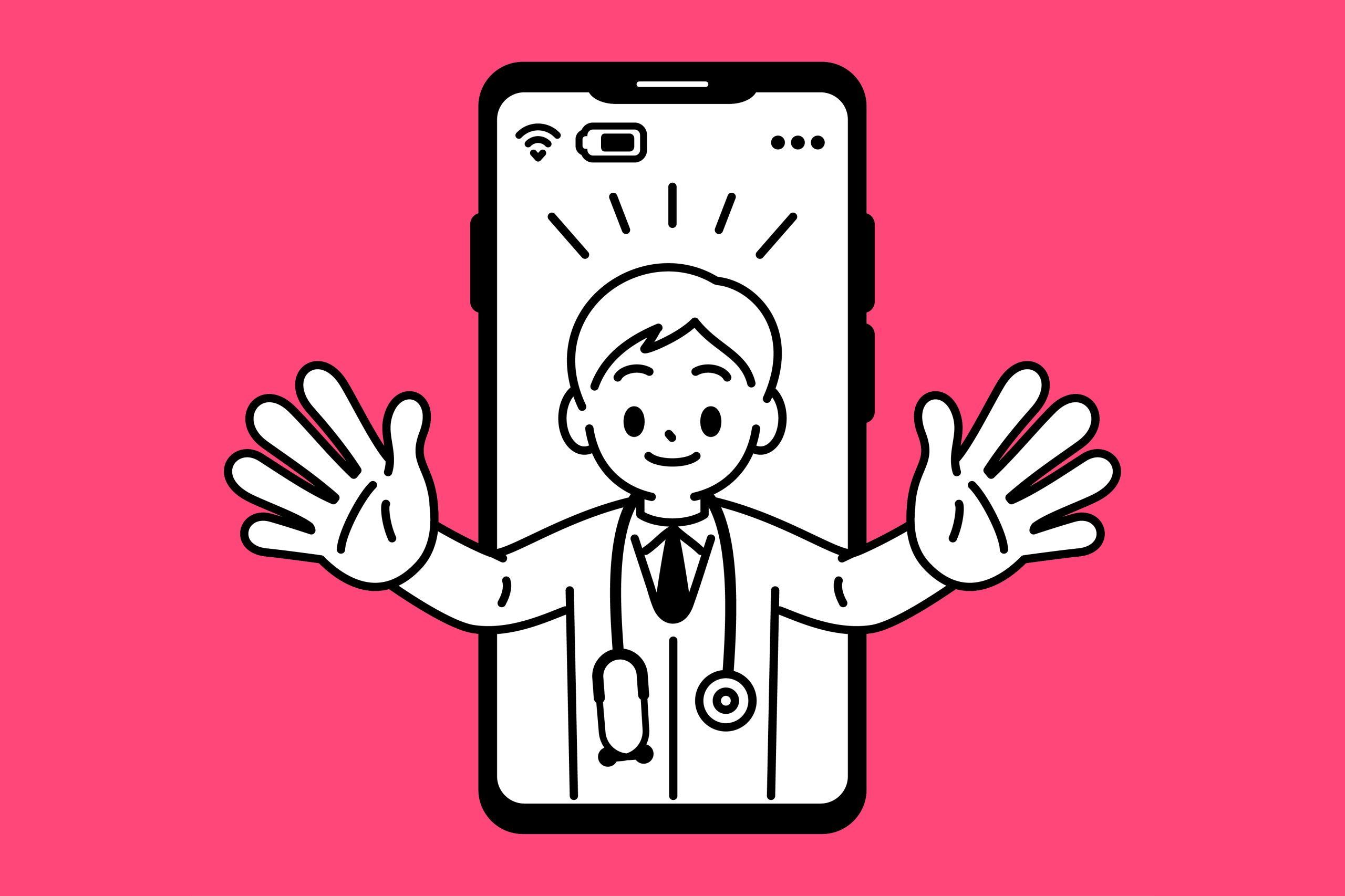The rise of artificial intelligence (AI) is transforming numerous sectors, and healthcare is no exception. While AI offers promising advancements in diagnosis and treatment, its integration into personal health decisions raises crucial ethical and practical questions. A recent case highlights the potential pitfalls and benefits of using AI like ChatGPT for medical advice, prompting a necessary discussion about its role in healthcare.
A Double-Edged Scalpel: ChatGPT’s Role in Diagnosis
A German artist, frequently outdoors, presented at a hospital with a puzzling array of symptoms following a bug bite. After a month of inconclusive treatment, he turned to ChatGPT. The AI, fed his detailed medical history, suggested a diagnosis of tularemia, or rabbit fever – a diagnosis subsequently confirmed, and detailed in a peer-reviewed medical study. This success story, however, stands in stark contrast to another instance. In the United States, a man exhibiting signs of psychosis sought medical help. His paranoia stemmed from self-administering sodium bromide, a pool cleaner, after consulting ChatGPT for salt alternatives. The AI’s suggestion led to three months of toxic ingestion and a three-week psychiatric hospitalization.
These two cases, seemingly disparate, underscore the complex reality of using AI in healthcare. While ChatGPT can process vast amounts of medical information and identify potential diagnoses, it lacks the critical thinking, nuanced judgment, and ethical considerations of a trained physician. It’s a powerful tool, but one that requires careful handling and a deep understanding of its limitations.
The Ethical Tightrope: Balancing Innovation and Responsibility
The success of the German artist’s case raises the question: should we trust AI for medical second opinions? The answer is a cautious “maybe.” While AI could potentially assist doctors in identifying rare conditions or suggesting additional tests, relying solely on AI for diagnosis is inherently risky. The inherent biases in the data used to train these models, coupled with their inability to account for individual patient variability, introduces significant potential for error. Moreover, the lack of accountability and transparency in the AI’s decision-making process raises serious ethical concerns.
The American patient’s case serves as a stark warning. The AI, lacking the medical knowledge to discern the toxicity of sodium bromide, offered a dangerous and inaccurate suggestion. This underscores the critical need for robust oversight and regulations governing the use of AI in healthcare. Simply put, AI should augment, not replace, human medical expertise.
Navigating the Future of AI in Healthcare
The integration of AI into healthcare is inevitable, and its potential benefits are significant. However, responsible implementation requires a multi-faceted approach. This includes rigorous testing and validation of AI algorithms, transparent disclosure of limitations, and ongoing monitoring of AI-driven medical decisions. Furthermore, educating the public about the appropriate and inappropriate uses of AI in healthcare is crucial to prevent misuse and ensure patient safety. The future of healthcare involves a collaborative approach, leveraging the strengths of both human expertise and AI technology while mitigating the risks. Until comprehensive guidelines and safeguards are in place, relying on AI for primary medical diagnosis should be avoided. Seek professional medical advice from qualified healthcare providers for accurate diagnosis and treatment.
Based on materials: Vox





